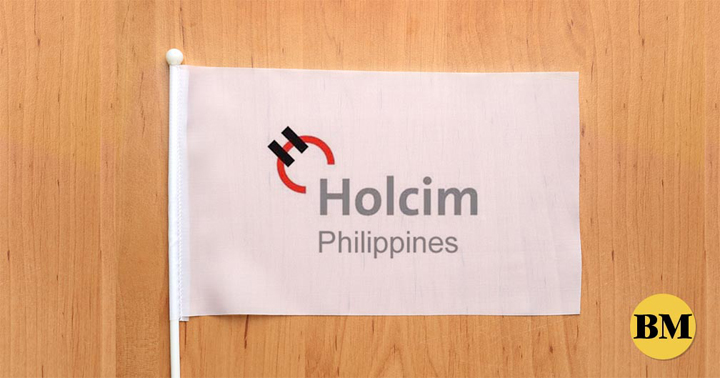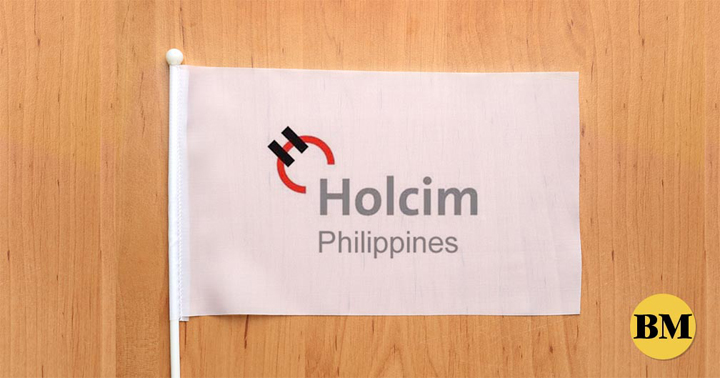
Cement firm Holcim Philippines Inc. on Thursday said it will invest some P210 million in initiatives that will reduce fuel consumption and increase mineral additive usage in its plants in Bacnotan, La Union and Lugait, Misamis Oriental.
Horia Adrian, Holcim president, said the projects are part of the company’s commitment to upgrade its facilities.
“More efficient operations will help us deliver better financial results and improve our environmental footprint. We look to continue implementing these improvements to meet our objectives of delivering greater value to our shareholders and business partners while becoming better stewards of the environment.”
Holcim held a ceremonial signing ceremony earlier this month to award the contract to Sinoma CBMIPH Construction Corp. for the installation of a drying facility in La Union. The project will reduce the fuel consumption of the La Union plant by reusing hot gases from operations to dry materials instead of a separate equipment. Holcim also tapped the same company to install a drying facility at its Misamis Oriental plant, which will reduce the moisture of raw materials to improve grinding operations. This will enable the Misamis Oriental plant to increase mineral additives, which will cut its carbon footprint and save natural resources in making cement.
The La Union and Misamis Oriental projects are scheduled to be completed in the first quarter of 2022 and October, respectively.
Sinoma CBMIPH is the local unit of China-based Sinoma CBMI, which has participated in a number cement plant projects all over the world.
In January, Holcim also started projects worth P121.5 million to raise the efficiency of converting qualified waste materials of its Norzagaray, Bulacan plant into alternative fuels. These will enable its Geocycle unit to support the Bulacan plant in using more qualified post-consumer and municipal solid wastes as alternative fuels instead of coal.
The company said it is one of the pioneers in using qualified wastes, such as non-recyclable plastics and biomass as alternative fuels in cement manufacturing through co-processing technology since 2003.
In co-processing, qualified waste materials are pre-processed as alternative fuel and fed into the high-temperature kilns along with other traditional fuels to produce cement. This process transforms wastes to alternative fuel and converts these into energy for cement production. The technology is recognized globally and is approved by the Philippine authorities due to its proven advantages in environmental and safety performance.
In 2020, Holcim Philippines co-processed close to 130,000 tons of qualified wastes from local governments, industry partners and agricultural processors in its plants in Luzon and Mindanao led by its Geocycle unit.

